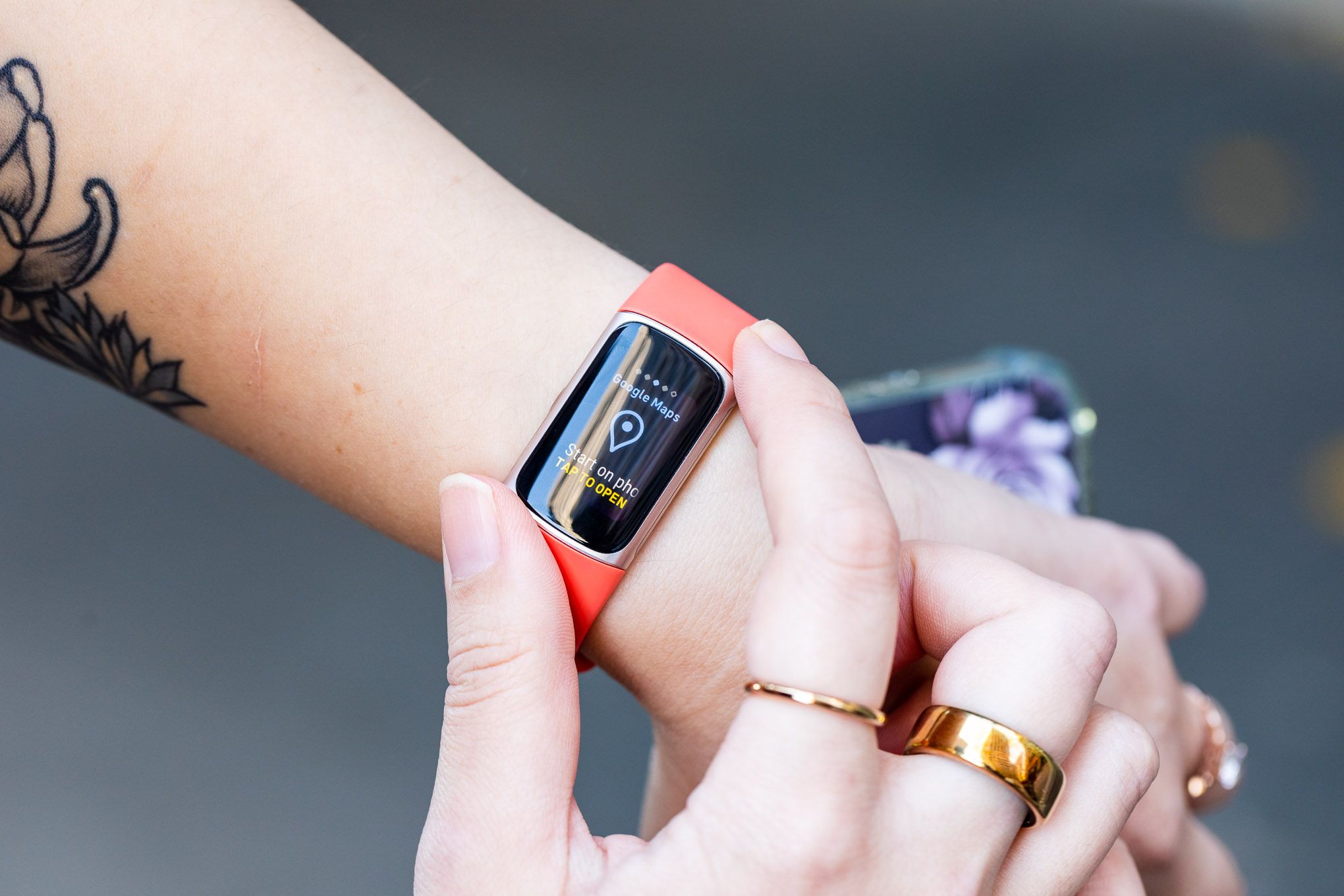Google owned Fitbit devices are seeing their steepest discounts of the year, with major retailers like Amazon, Best Buy, and Walmart cutting prices by up to $80 ahead of Black Friday. The timing coincides with the rollout of Fitbit's new AI-powered fitness coach, making it a strategic moment for the wearables market.
Google is making a play for holiday shoppers with the deepest Fitbit discounts we've seen all year. The search giant's wearables division just watched every major retailer slash prices across its entire lineup, with some devices hitting 44% off their retail price. Black Friday is still weeks away, but Amazon, Best Buy, and Walmart aren't waiting to move inventory. The flagship Fitbit Charge 6 dropped to $99.95 from its $159.99 retail price, matching its all-time low across all three retailers. That's significant because the Charge 6 represents Google's best effort at bridging traditional fitness tracking with its ecosystem of services. The device packs EKG sensors, blood oxygen monitoring, and GPS tracking while integrating with Google Maps, Google Wallet, and YouTube Music. But the real story isn't just about discounted hardware. Google has started rolling out the beta version of its AI-powered fitness coach to Android users subscribed to Fitbit Premium. The $9.99 monthly service now includes personalized coaching that adapts to your workout patterns and health metrics. "The plan is to expand it to iOS users later this year," Fitbit product manager Taylor Helgren told The Verge. The timing isn't coincidental. Google acquired Fitbit in 2019 for $2.1 billion, and the integration has been slower than many expected. These aggressive price cuts, combined with the AI coach rollout, signal Google's renewed commitment to the fitness tracking space. The broader wearables market has become increasingly competitive, with Apple dominating the premium segment and cheaper alternatives flooding the entry-level space. Google needs to prove that Fitbit still matters in this landscape. The deals extend beyond the flagship Charge 6. The Versa 4 smartwatch dropped from $199.99 to $119.95, while the entry-level Inspire 3 fell to $69.95 from $99.99. Even the premium Sense 2, with its advanced stress tracking sensors, is now $179.95 instead of $249.99. The child-focused Ace LTE, which launched earlier this year with cellular connectivity and movement-based games, is down to $99.95 from $179.99. Retailers are clearly hoping to capitalize on early holiday shopping trends. Consumer spending data from the National Retail Federation shows that nearly 40% of shoppers plan to start their holiday purchases before Halloween. These Fitbit discounts arrive just as fitness resolutions typically spike in preparation for the new year. The Google Pixel Watch 3, which technically counts as a Fitbit device since the acquisition, is also seeing a $100 discount to $199.99. The smartwatch combines Wear OS with Fitbit's health tracking sensors, creating Google's most integrated wearable experience yet. Industry analysts suggest these early markdowns reflect broader inventory management strategies rather than poor sales performance. "Retailers want to clear current-generation devices before any potential new hardware announcements," said Counterpoint Research analyst Sujeong Lim. The competitive pressure is real. continues to dominate smartwatch sales, while companies like Garmin have carved out the serious fitness tracking niche. Google's strategy appears to focus on the middle ground - devices sophisticated enough for serious health monitoring but accessible enough for mainstream adoption.












